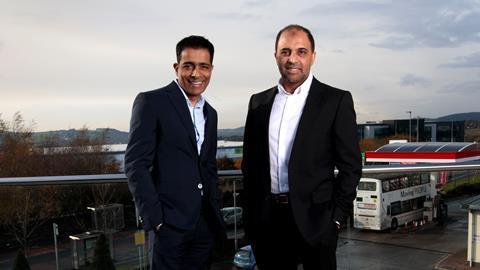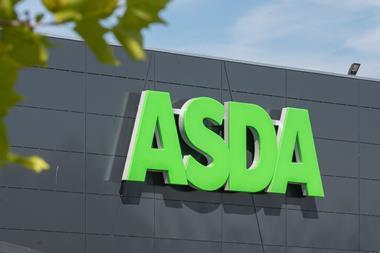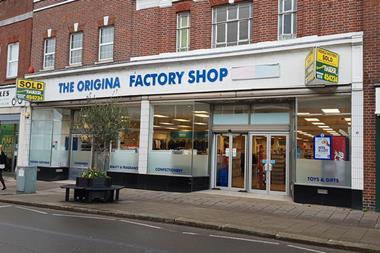Asda’s biggest priority at the moment is to convince an industry heavy-hitter to come on board as CEO.
And, as Asda revealed more details of its major store reset today, the need for a strong new leader was only highlighted further. The problems facing its stores – and by extension, its customers and staff – are about as fundamental as you can get.
The £30m cash injection revealed last week is not going on any fancy IT project, or hyper-personalised rewards app.
Instead, it will be spent on having more daytime replenishment, cleaning stores more thoroughly and making sure more manned checkouts are actually open when customers most want to shop, chief finance officer Michael Gleeson announced at its Q2 results today.
It’s hardly a secret formula that requires a course at the Harvard Business School. These are retailing principles at their most basic.
Gleeson, who clearly drew the short straw in answering the questions – co-owner Mohsin Issa and his TDR backers were nowhere to be seen – was at least refreshingly honest about how Asda had managed to get to this point. With like-for-like sales down 5.3% over the quarter, there was little point reaching for obscure excuses.
Asda, he admitted, has been overstretched by the strategy followed by Issa and TDR since the takeover. That meant it had taken its eye off the ball on the day job: making sure its stores function well against ruthless and effective competition.
Asda’s poor availability, store standards and large queues, he said, “partly reflect the level and scale of change that the company is going through in terms of separation” from Walmart.
Worryingly, it is far from a case of job done on the Walmart front. Project Future, billed by Asda as Europe’s largest IT transformation project, will begin trials next month across selected stores. Essentially, it will look to incorporate changes to 2,500 systems across every part of the business to a cloud-based infrastructure. What could possibly go wrong?
It comes alongside another massive project: completing the conversion of nearly 500 convenience sites acquired from The Co-op and EG UK to Asda Express across the quarter.
Both of these major projects will, hopefully, prove they have been worth the disruption in the long run. But surely had Roger Burnley remained as CEO rather than walking away in the summer of 2021, or if Issa had been able to recruit a suitable replacement rather than muddling through himself, Asda would not find itself having to make such embarrassing admissions today.
Asda shoppers and staff, who both desperately want the supermarket to return to its former glory, will hope the money committed to the turnaround is enough. Today, the GMB described the £30m investment as a “drop in the ocean”, although Gleeson stressed this was only the investment it was putting in before Christmas, with more to come.
Yet money, even for the billionaires running Asda, is only one part of the not-so-magic formula needed for success. If this reset is to be a turning point, Asda and the yet-to-be-appointed CEO will have to keep their eyes firmly on the essentials.

























No comments yet